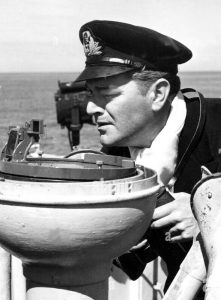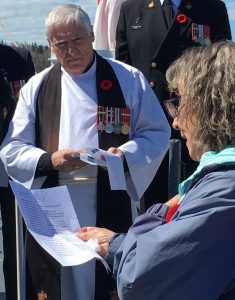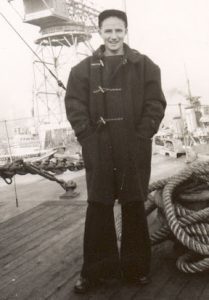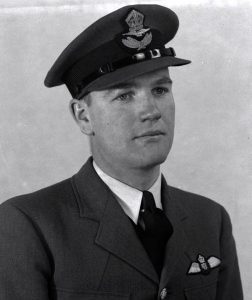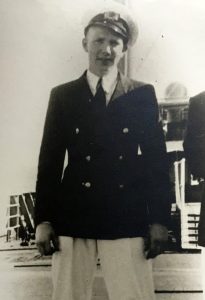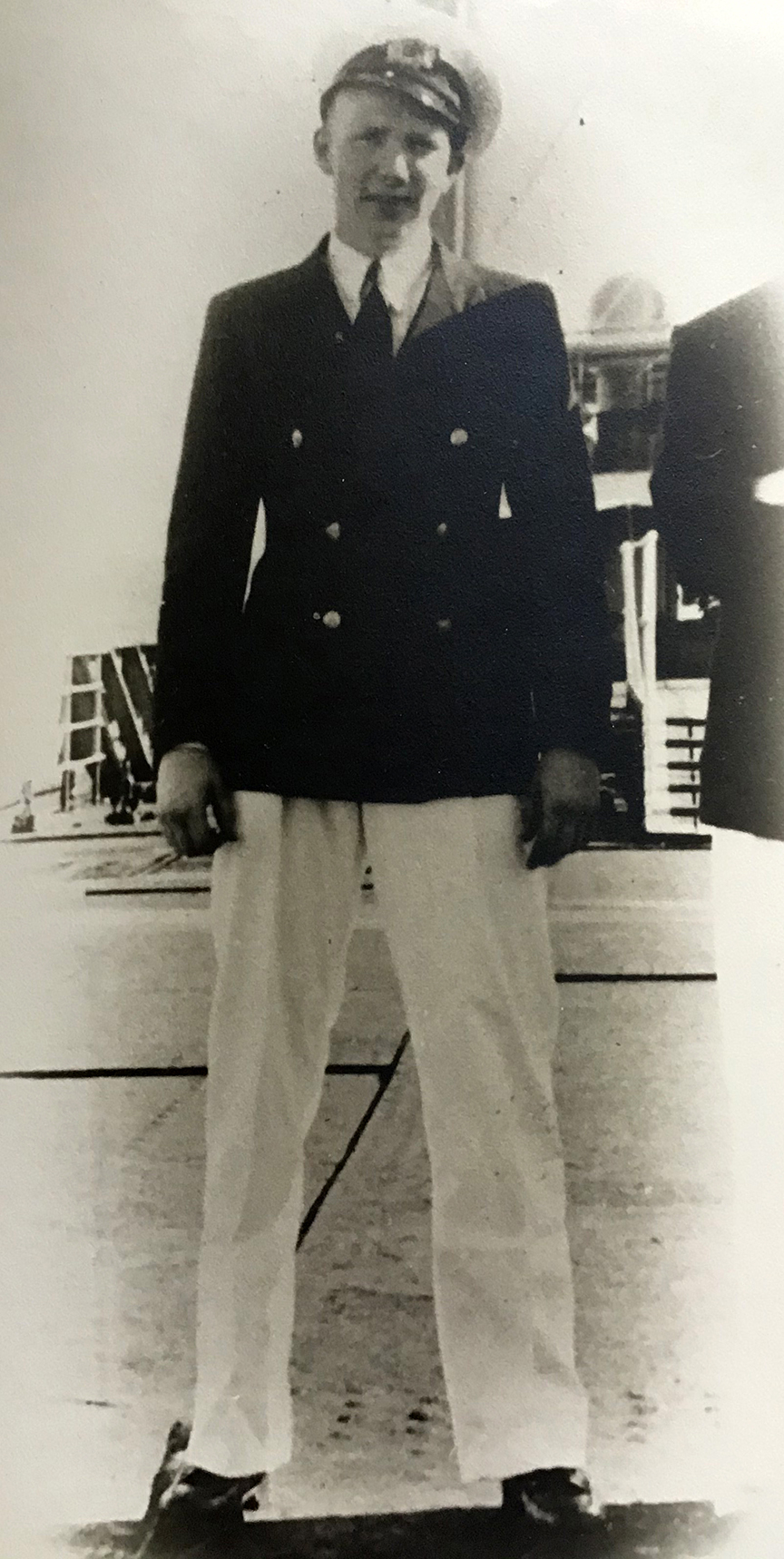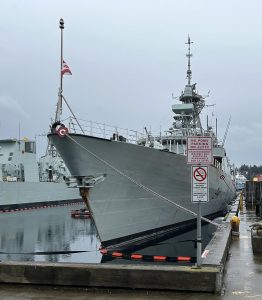
About an hour into the tour, I discovered one of the secrets to Canada’s military capability at sea. The tour aboard HMCS Vancouver, a Royal Canadian Navy (RCN) frigate currently in a short-work period at the base just outside Victoria, had taken me through the operations room. I’d sat in the commander’s chair on the bridge. Then I’d seen the ship’s massive rudder system.
I happened to pause at a rack of fire extinguishers, helmets and gas masks. In the event of a major fire at sea, I asked, were the people assigned to fight fires on board the ship former civilian firefighters?
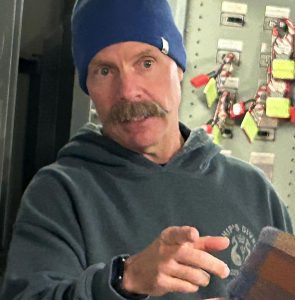
“No,” explained Lieutenant (Navy) Konnor Brett. “Every member of the crew is a trained firefighter.”
And I realized immediately that teaching all RCN sailors to fight fires had nothing to do with personnel limitations and everything to do with practicality. If a warship couldn’t depend on every man and woman in her crew to quell fires, keep the sea from swamping the ship in gales or combat, and deliver basic first aid or rescue tasks, its effectiveness would be severely diminished at sea. “It’s a matter of the ship’s survival,” Brett said. (more…)
